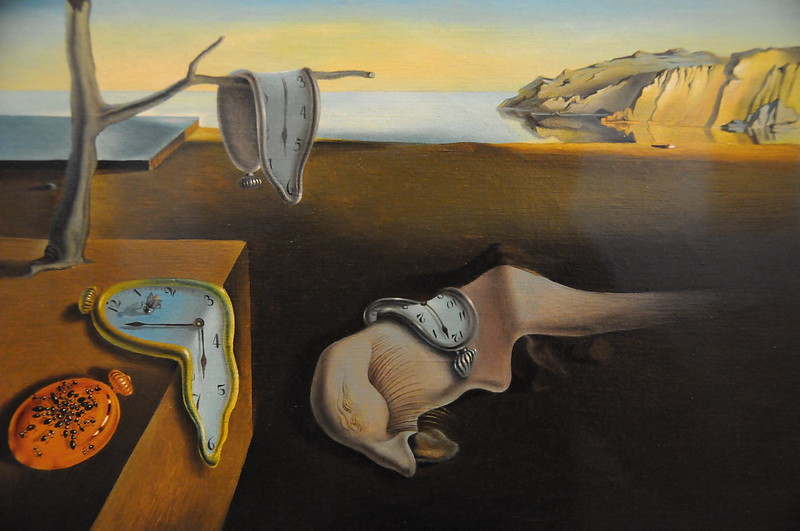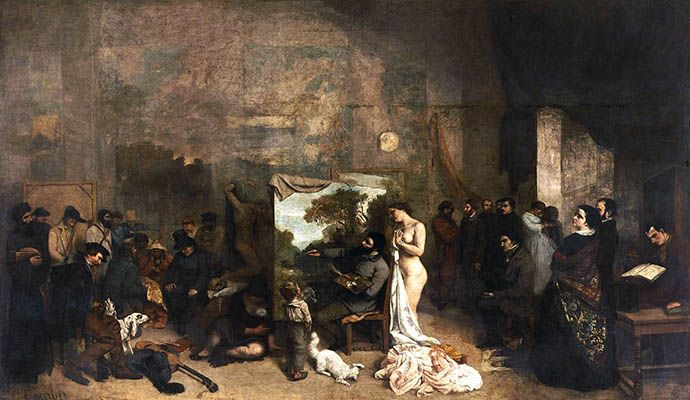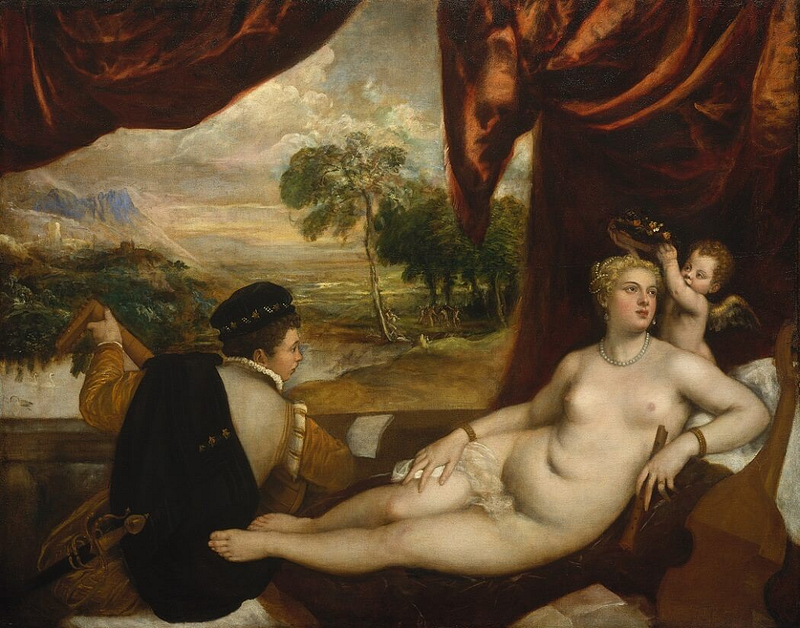All About Avant-Garde
Many might have noticed the many platforms for artists to express themselves in fresh and quirky ways. Be it music, literature, or even…

Many might have noticed the many platforms for artists to express themselves in fresh and quirky ways. Be it music, literature, or even politics, the avant-garde ideology does not discriminate. Its creativity remains boundless in ways many cannot even begin to comprehend, with society constantly trying to keep up to interpret the slippery, blurry meanings of avant-garde creations.
The Origins of Avant-Garde

Though there is no definitive ‘beginning’ to the avant-garde era, a major figure that inspired this movement was no other than 19th-century French Realism artist Gustave Corbet. The avant-garde was said to derive from the 1850s, with Courbet being guided by what could be considered seedlings of socialist ideals. This inspired the ‘modern art movement’, causing avant-garde to be somewhat synonymous with modernity and everything futuristic. Henri de Saint-Simon also played a deciding role for the avant-garde in the art world, as the French socialist was the first to apply the term ‘avant-garde’ to art.
What is Avant-Garde?

Avant-garde directly translates to “advance guard”. It can also be interpreted as figures — or ideas — way ahead of their time. Something daring — stirring confusion and fascination simultaneously, opposing mainstream ideas and values. Commonly referred to as movements in arts (e.g. surrealism, cubism, or anarchism in politics), avant-garde applies to any work that challenges the constrictive box that society has deemed acceptable. Avant-garde goes beyond creativity itself and tests the waters of new, innovative ideas never done before. Avant-garde art can be described as ‘radical’ or reflecting ‘originality of vision’.
How Does Avant-Garde Work?

All avant-garde creations went against textbook definitions of what ‘art’ was. The first dissociation from ‘socially-acceptable’ art was clearly illustrated in the Italian Renaissance epoch, where nudity was boldly endorsed. In such a conservative era, this — along with the heavily disregarded and elusive Impressionist art style — was considered ‘scandalising’.

Avant-garde can be segregated into 3 ideological components: political, formal, and temporal-historical. When someone refers to themselves as an ‘avant-garde’ creator, they are essentially creating out-of-the-box works that are subject to public criticism. The avant-garde ideology can be a representation of the struggle that such creative individuals endure to express themselves in an unprecedented and individualistic way. The temporal-historical dimension of the avant-garde is an interesting one, noting how it outlines the unanimous goal in which society should be heading, led by artists. Avant-garde depicts the ultimate goal in which society is striving so hard for — evolution. Its futuristic elements and out-of-the-box ideologies adumbrate society moving forward as a whole. This ensures a continuous evolution of society guided by artists or individuals who employ avant-garde practices and products.
Will Avant-Garde Ever Truly Integrate Into Current Society?

In avant-garde philosophies, there is a gap in which the audience does not understand the idea the creator is trying to implement. This opening is interpretative, and the lack of understanding signifies the creators’ accomplishment in breaking free from the norm — they are, as the name states, now ‘ahead of their time’. With this, the audience is inspired in figuring out the creators’ means through their naturalistic creativity. But, during this progress, the creator surely must have moved on from their last checkpoint. They are now at a more advanced, higher level of understanding as compared to previously. This reinforces my previous paragraph as to how avant-garde assists society in moving forward, as it does not explicitly elucidate anything to the audience — yet, they are inspired and spurred by their creativity to move forward. Ultimately, the avant-garde ideology constructs a ‘forward’ civilisation; a whole society in which each individual thinks innovatively for themselves.

In summary, the avant-garde ideology is a multi-faceted one. While helping to instil innovative expression in minds, it simultaneously inspires those around us and stimulates creative growth. Thus, it can be agreed upon that avant-garde is advantageous to us, and we — as individuals constantly striving to fulfil the potential embedded in our minds — should aim to implement it in our lives.
[Written by: Tong Xin Jie]

